ten driving offences you didn’t realise were illegal
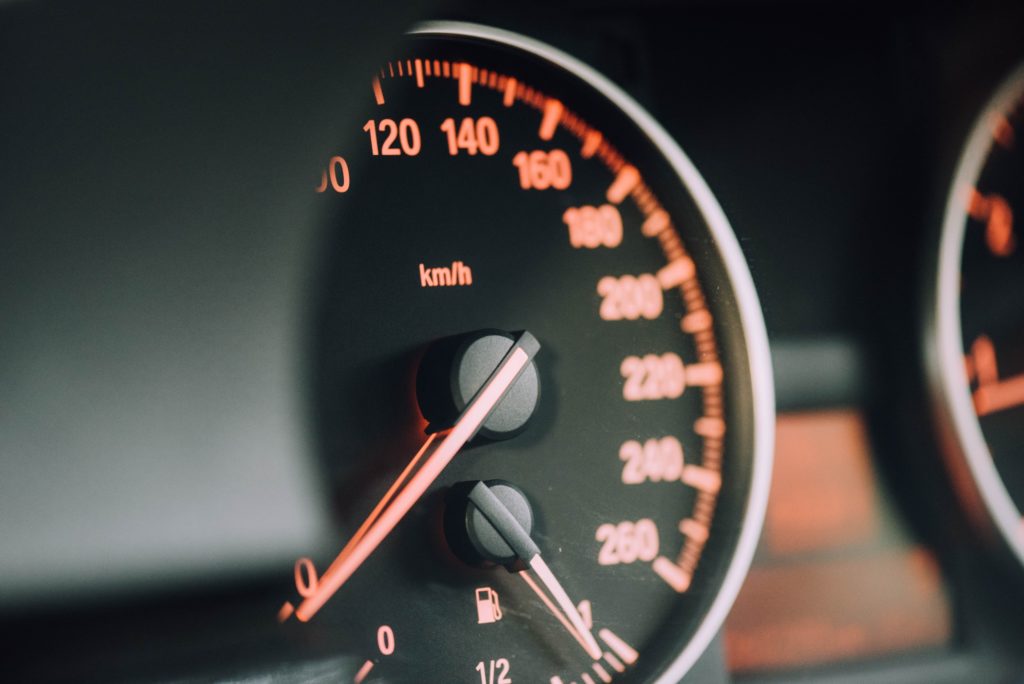
When it comes to driving, there are definite things that we know we should and shouldn’t do legally, such as wearing a seatbelt, stick to speed limits and not park on double yellow lines. However, some things are less clear-cut and there are a number of common driving habits, that can actually get you into trouble with the law should you get caught. Keep reading to find out what they are – you may be surprised at some of them!
Flashing your lights at other cars to give way
This is very common and we all do it; flashing your headlights at oncoming vehicles to let them take a right turn, emerge in front of you out of a junction when switching lanes etc. However, drivers should only be using this signal to warn others of their presence. This is because it can be unclear why you have flashed your headlights and there is a lot of room for misinterpretation so if you were to cause an incident as a result, it could be considered a driving offence.
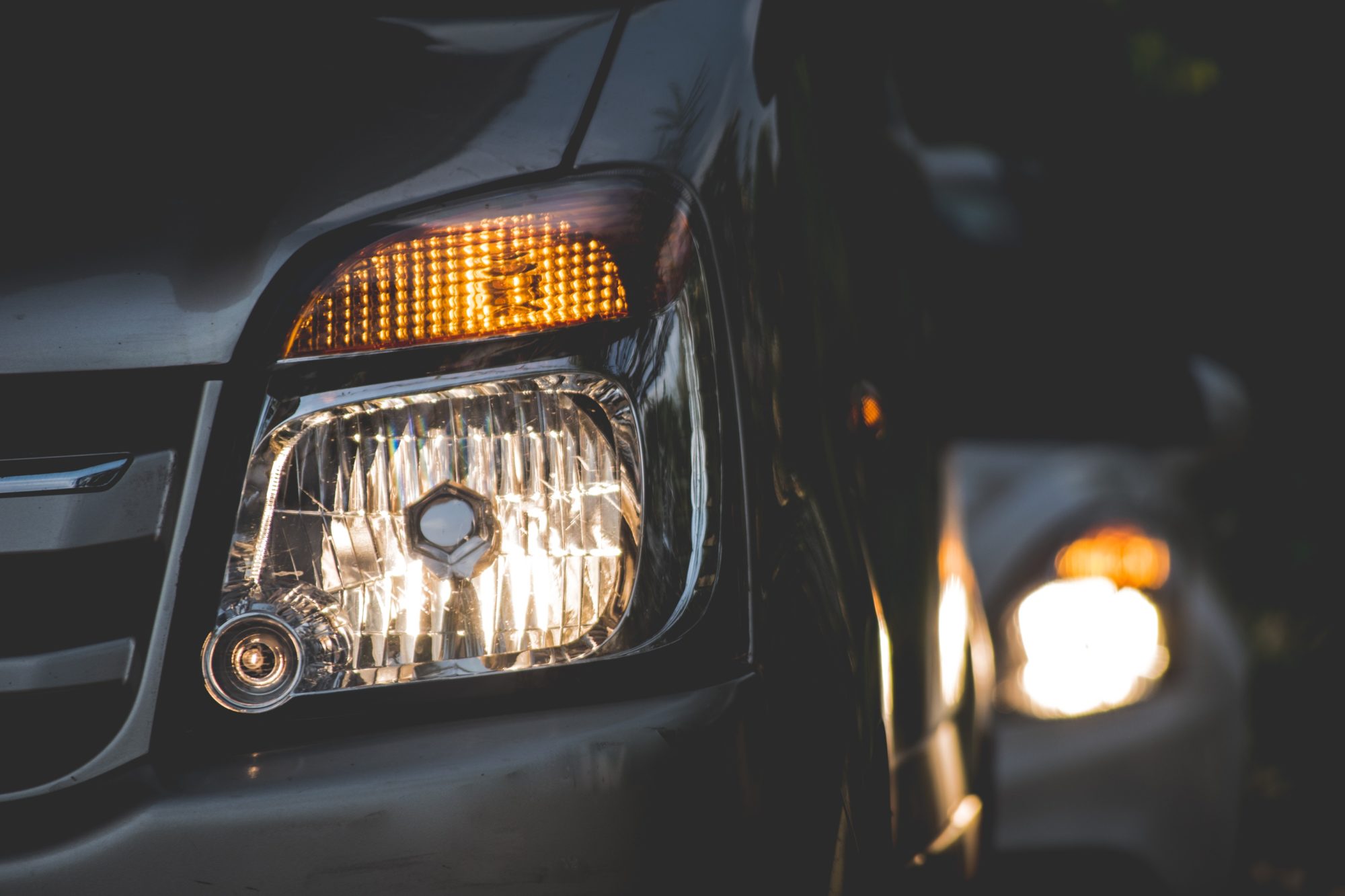
Paying with your phone at a drive-thru restaurant
If you go to a drive-thru restaurant and pay for your food using your mobile phone through contactless payment such as Apple Pay, you are breaking the law and could be fined up to a maximum of £1000 and receive 6 penalty points on your license for doing so. This is because even if you are stationary but your engine is still on, you are still technically using your phone whilst behind the wheel. If you want to use this method of payment at the drive-thru, you must switch off your engine and have your handbrake fully applied before proceeding to do so.
Using your phone as a sat nav in an unfixed position
Thanks to the improvement of GPS technology on our smartphones, there are now lots of great navigation apps as well as built-in maps into most modern phones, which are great for driving. Whilst it is not illegal to use your phone as a sat nav while driving, as it is to use your phone for anything else such as calling and texting, it is against the law to have your phone in an unfixed position or in a place that is obstructing your view, if you are using it for navigation purposes. You cannot have the phone in your hand either as it must be hands-free and fixed to the windscreen or dashboard using a secure phone holder. Any breach of the mobile phone and driving laws could land you a £200 fine and up to six points on your driving license.
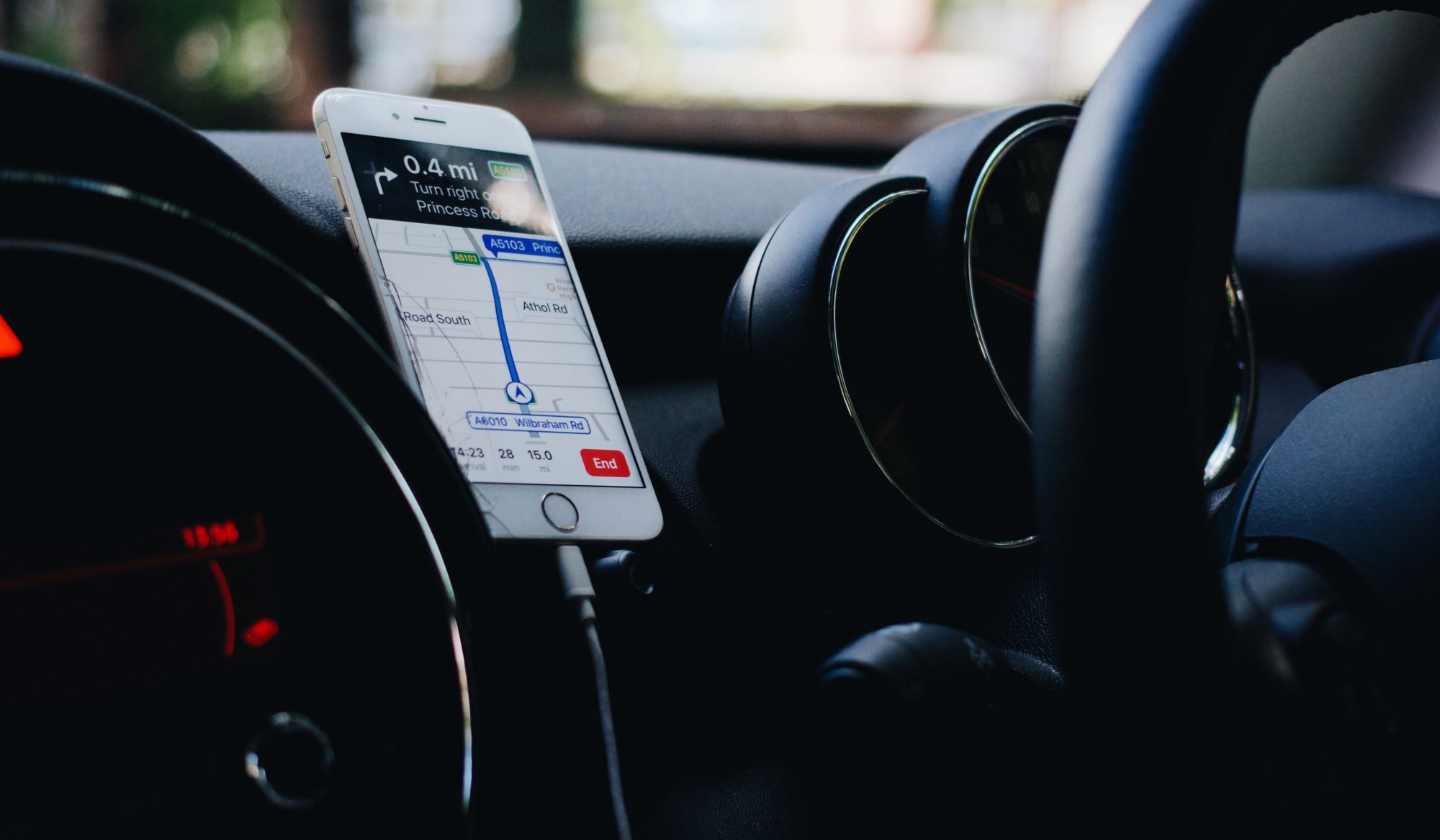
Sounding your horn between 11.30pm and 7am in a built-up area
Using your car’s horn between the hours of 11.30pm and 7am in a built-up area is illegal and classified as a driving offence. A ‘built-up area’ is generally a road that has streetlights and a 30mph speed limit. Whilst this is a fairly minor offence and you’re very unlikely to get caught by the police by doing so, you should still avoid doing it so as not to cause a disturbance to residents nearby.
Driving/ parking on the pavement (unless turning around in a driveway)
There is somewhat of a grey area in what is and what isn’t allowed when it comes to leaving your car parked partway on the pavement. In London, it is illegal to do so however in the rest of the country it depends on a couple of different factors whether this could be treated as a punishable driving offence or not. The Highway Code rule 244 states that outside of London, drivers “should not” park on the pavement “unless signs permit it” whilst rule 242 states that drivers “must not” leave their vehicles “in a dangerous position or where it causes any unnecessary obstruction of the road”. The general interpretation of these two rather unclear rules is that if you are parking on a particularly narrow road, where not parking partially on the pavement would cause a blockage or obstruction for other vehicles to get through then it is reasonable to do so. Conversely, if your car parked on the kerb would block wheelchair or pram users from walking down the pavement then you should park fully on the road or find somewhere else to park.
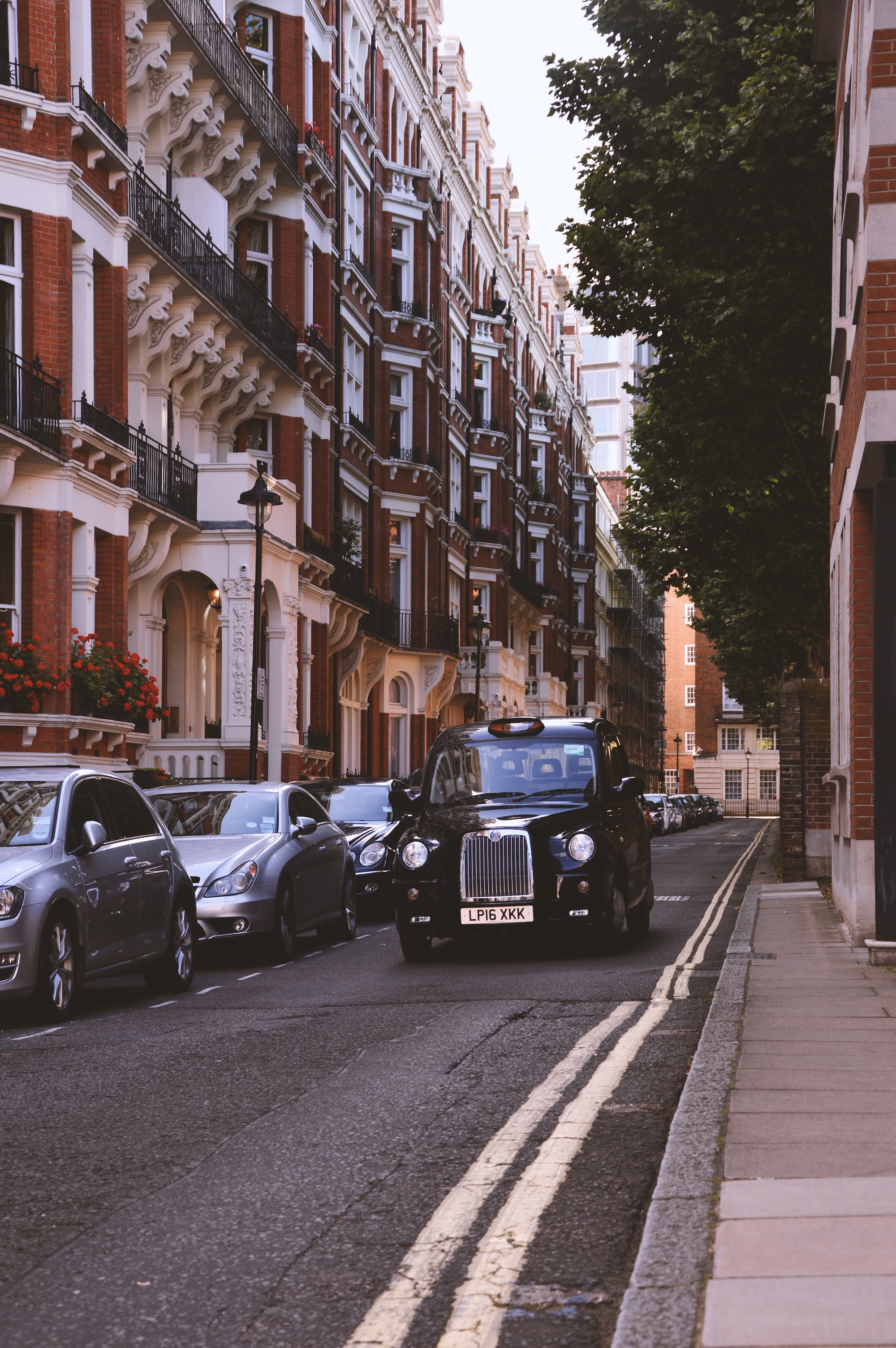
Parking on the wrong side of the road at night
Parking your car on a road at night, facing against the direction of traffic can be classed as a driving offence. Unless you are parked within a recognised parking space or on a one-way street then oncoming vehicles will not be able to see the red reflectors on the rear of your car that are there to warn them of your presence. Moreover, leaving the space at night with your headlights on presents a dazzling risk to oncoming vehicles and could lead to an incident. If you are caught parked on the wrong side of the road at night, you could receive a Penalty Charge Notice under rule 248 of the Highway Code.
Sleeping inside your vehicle whilst intoxicated
If you have had a lot to drink and are not in a fit state to drive, it is against the law to sleep inside your car whilst you wait to sober up. Even though you are not driving the car under the influence, you are still technically in charge of the vehicle and therefore at risk of facing a driving offence charge. Whilst some argue that the rules are quite ambiguous and that being asleep means you are not in control of the vehicle, this rule has been used against drivers to charge them in the past and so you should not risk it and find somewhere else to sleep.
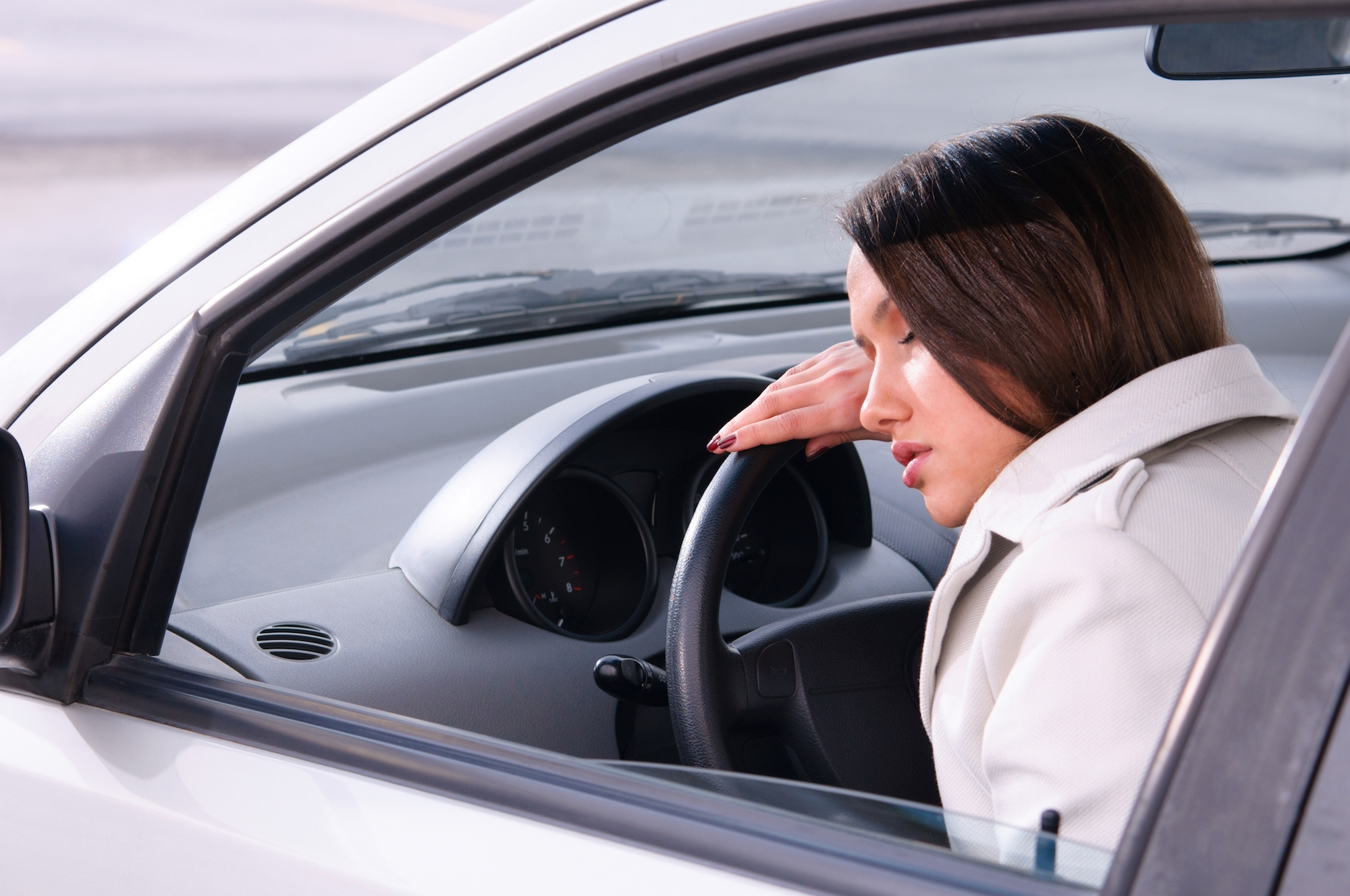
Parking within 10 metres of a junction
It is illegal to park too close to a junction; within 32 feet / 10 metres of the junction is considered too close and could get you charged with a driving offence. Not only is it inconvenient for those approaching the junction to have to steer around the car but also it is also very dangerous for those turning into the junction, who are at risk of driving into the parked car on the wrong side of the road or into other moving cars that are obstructed from view by the parked vehicle. In some cases, parking closer to the junction is permitted if there is a marked out designated parking area however if you are unsure, it is better to find somewhere else to park.
Letting out animals from your car when broken down on the hard shoulder
If you break down whilst travelling and become stranded on the hard shoulder, the Highway Code states that all people should get out of the car however any animals are required to stay inside. This is because your animal is at risk of running into the path of traffic and causing a serious incident in which case you would be charged with a driving offence. In the case of an emergency in which it would not be safe for the animals to remain in the car, you should let them out but ensure that they are under control at all times.
Allowing your registration plate to be obscured by dirt and grime
If your cars number plate becomes so dirty that the registration number is unreadable, you are technically committing a driving offence and could be fined up to £1000 if your car is found in this condition. If you go on a particularly muddy drive, or there has been a spell of bad weather, always make sure to check that your cars number plate is clearly decipherable and no part of any of the letters or numbers has been concealed.
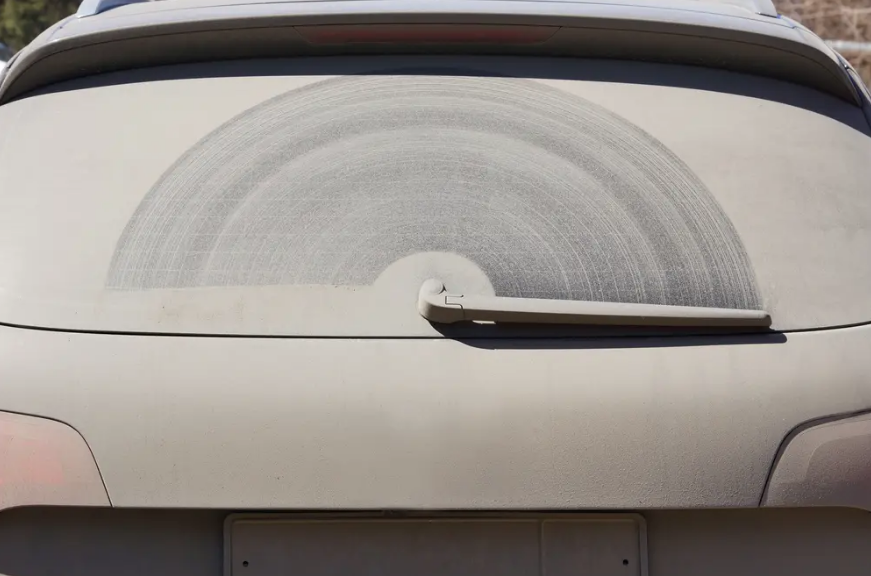
motorly is a credit broker, not a lender. Rates start from 6.9% APR. The rate you are offered will depend on your individual circumstances. Representative Example: Borrowing £5,500 over 48 months with a representative APR of 22.9% the amount payable would be £287 a month, with a total cost of credit of £1406 and a total amount payable of £6906.
